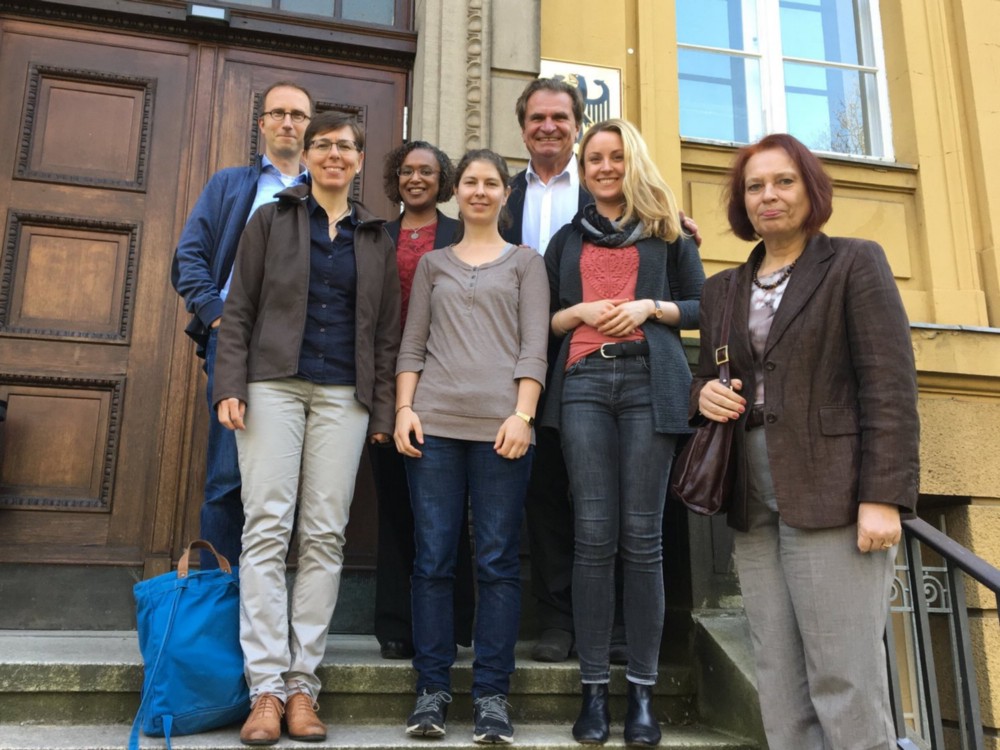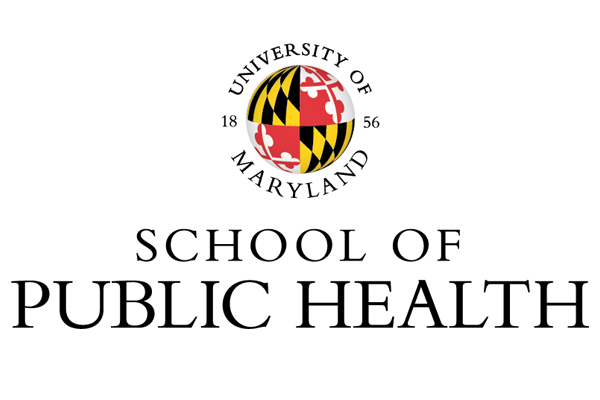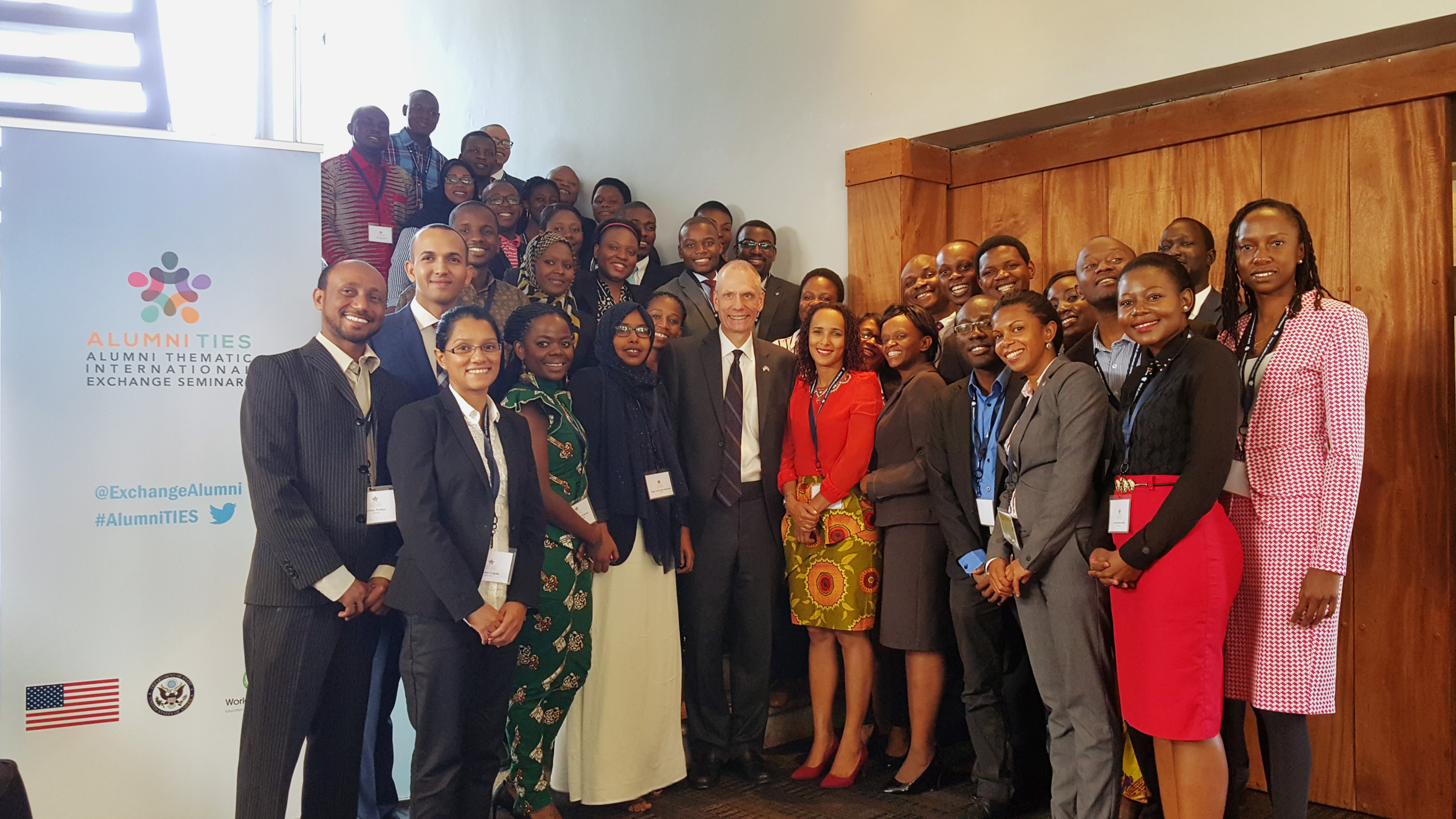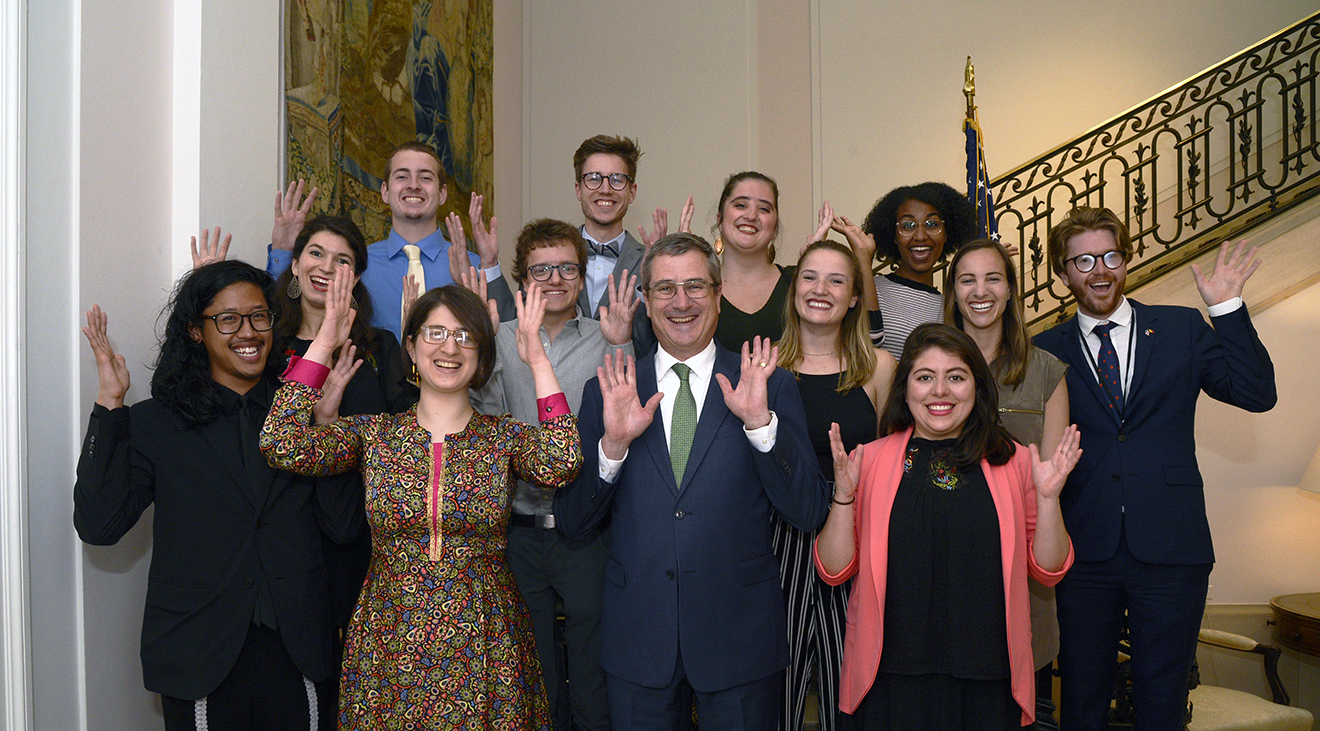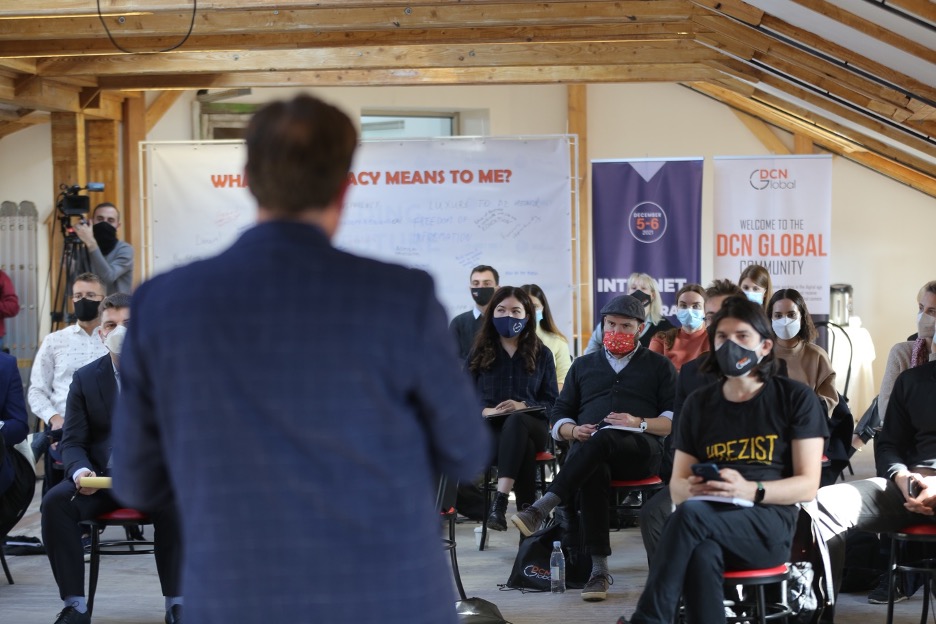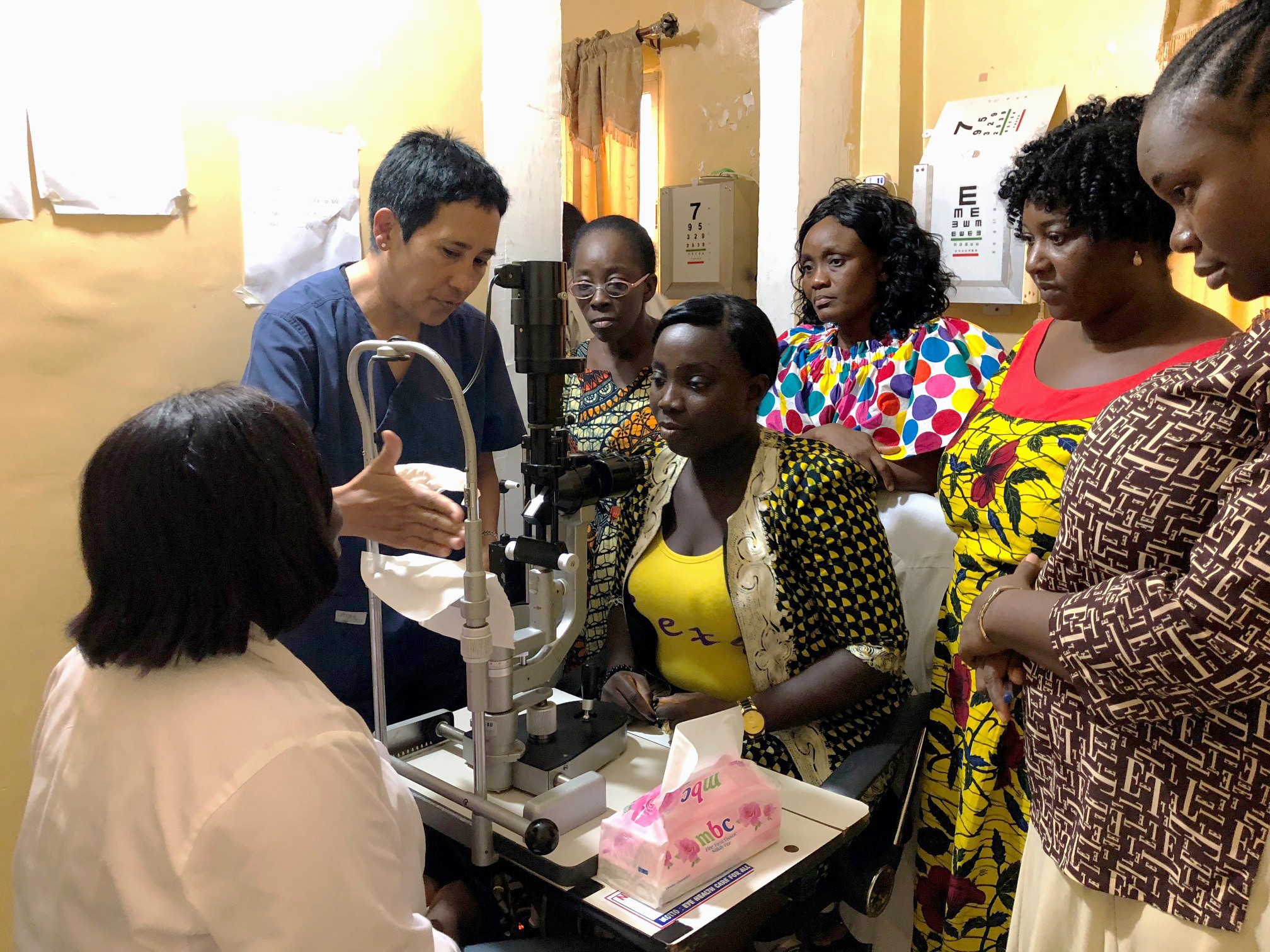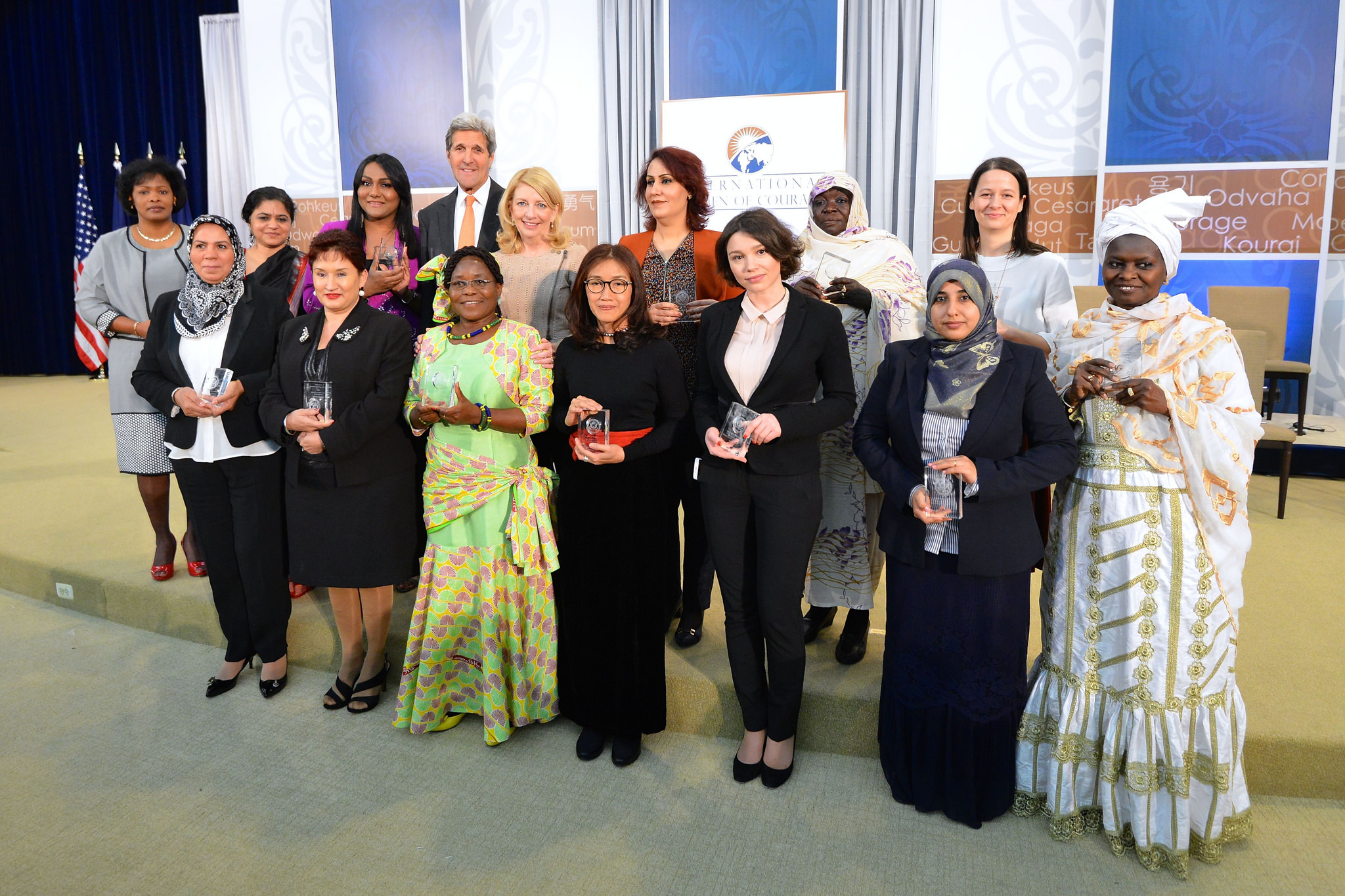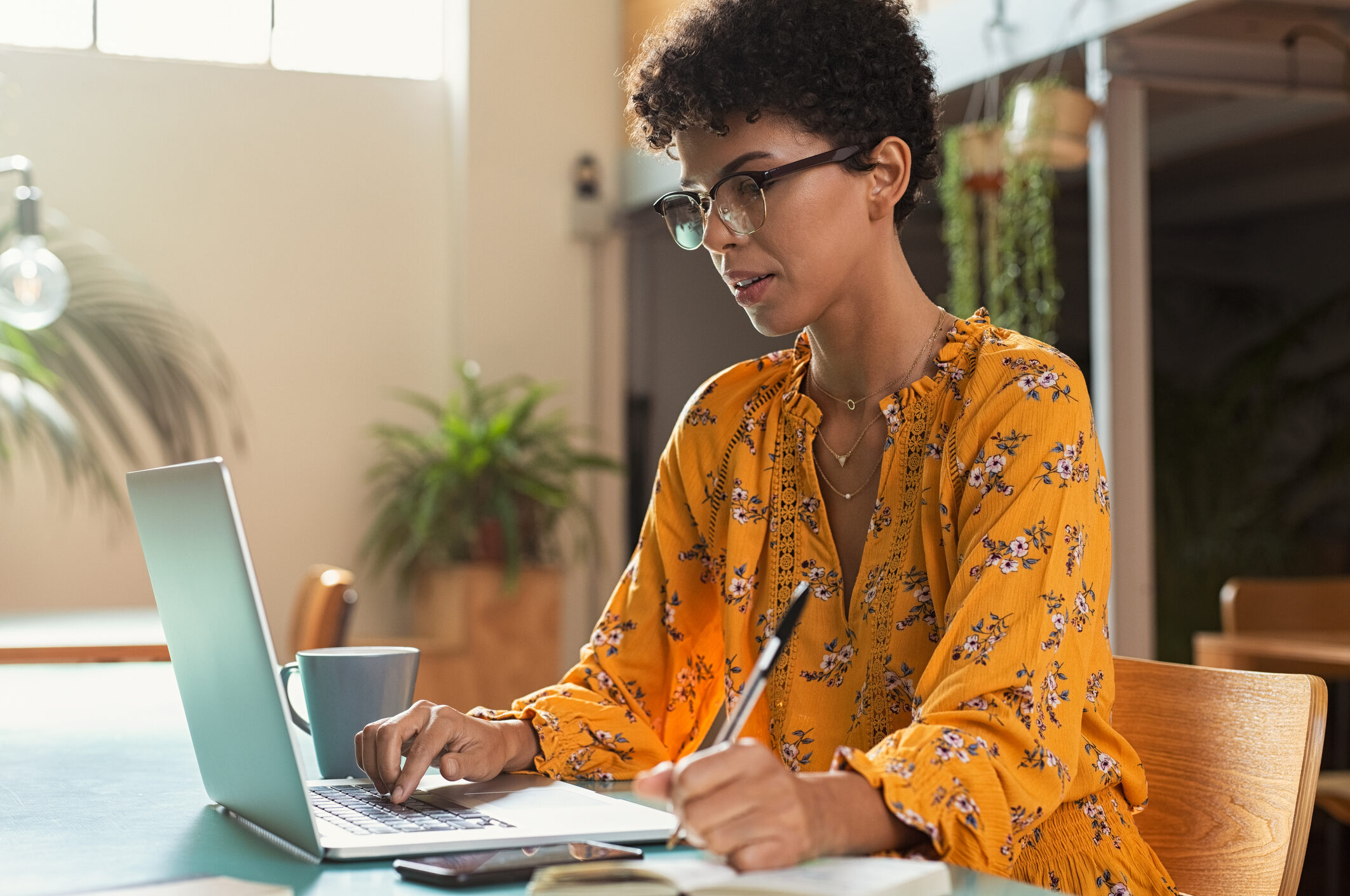When Devon Payne-Sturges was selected as a Fulbright Specialist, she had no idea that a month at the University of Applied Sciences in Bochum, Germany would fine tune her academic focus, raise her profile and enrich her students’ learning opportunities.
Her host institution — the Hochschule für Gesundheit, Department of Community Health — had requested an American environmental expert to teach, lecture, and collaborate on research that focused on health disparities and cumulative exposure to multiple risk factors.
Payne-Sturges’ work in the field of environmental justice — an area that addresses racial and economic disparities in exposure to environmental contaminants and associated health risks to protect vulnerable, low income, and minority populations — made her a good fit.
Currently, she holds joint appointments at the University of Maryland with the Department of Epidemiology and Biostatistics and with the Maryland Institute for Applied Environmental Health, School of Public Health. Prior to her academic appointment, she served as Assistant Commissioner for Environmental Health with the Baltimore City Health Department and then as Assistant Center Director for Human Health with the Environmental Protection Agency’s National Center for Environmental Research.
Payne-Sturges also holds a Master of Public Health degree and a Doctor of Public Health degree in environmental health sciences from Johns Hopkins Bloomberg School of Public Health.
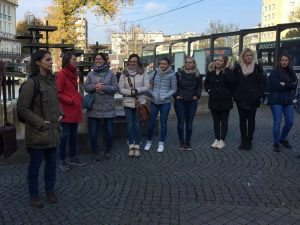
Students from the Hochschule für Gesundheit preparing to collect data using a noise survey app.
Despite her vast academic and policy experience, she had not paid attention to noise pollution as a public health issue — that is until her German host introduced her to a digital participatory lab where students interacted with communities around multiple environmental issues. The first topic they were focusing on was noise.
“I didn’t identify with it at first as something I needed to work on,” admits Payne-Sturges. “At Hopkins, the topic of noise was not really acknowledged outside of an occupational setting.”
By contrast, a European Union directive addresses the issue of noise in communities, which may cause serious health problems such as sleep deprivation and an increase in cardiovascular risk. In the European Union, member countries are required to develop an action plan involving impacted citizens, Payne-Sturges learned.
During her Fulbright Specialist project, Payne-Sturges’s primary host, Dr. Heike Köckler, piloted a noise survey app for smart phones, which her students used to gather data in lower income neighborhoods to identify areas with high levels of noise.
“My eyes are wide open on that now,” Payne-Sturges says.
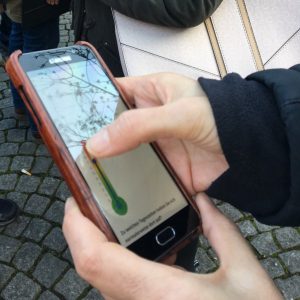
Since returning to the University of Maryland, she has used the noise survey app with her own students in the College Park area and beyond.
She shared the information they gathered with one of Köckler’s graduate students, and, in turn, they created a data map. Payne-Sturges and Köckler then facilitated a discussion with their students across the Atlantic via video conference to discuss the findings.
During her grant, Payne-Sturges also gained insight into her own research on policy responses to cumulative environmental burdens. She and Köckler conducted 17 interviews with German experts to understand the subject from a European perspective.
They also convened a small international workshop with academic researchers to examine how issues of cumulative risk and environmental justice are addressed in Germany, the Netherlands, and the United States. Based on that workshop, she and Köckler are collaborating on a manuscript through regular Skype calls.
“It’s almost like I haven’t left,” she jokes.
Less than a year since the Fulbright Specialist returned to the U.S., the relationship with her host continues to strengthen.
Köckler is coming for a three-week visit in September 2018, and the two have big plans. They want to build on the University of Maryland’s existing global classroom initiative to design an entirely virtual course to collaboratively teach students at both universities.
“None of this would have been possible without the Fulbright Specialist Program,” marvels Payne-Sturges. “The experience had a huge impact on me personally and professionally.”
She adds: “I’m up for tenure next year. The experience brought a lot of attention to what I’m doing. It has helped me gain professional exposure and notoriety in my college. I believe it will be very helpful to me.”
Stephanie Genkin is a media and content strategist for World Learning, a non-profit organization that focuses on international development, education and exchange programs — including the Fulbright Specialist Program. She was a producer at CNN for 15 years and before that a freelance print reporter based in the Middle East. She earned an MPhil. in Middle Eastern Studies from the University of Oxford, St. Antony’s College and was a Fulbright Scholar to Jordan.
The Fulbright Specialist Program was established in 2001 by the U.S. Department of State and the Bureau of Educational and Cultural Affairs (ECA) to enable U.S. professionals and scholars to work on short-term projects overseas in conjunction with local host institutions.
For more information about the Fulbright Specialist Program or to apply, please go to: https://fulbrightspecialist.worldlearning.org/the-fulbright-specialist-program/





